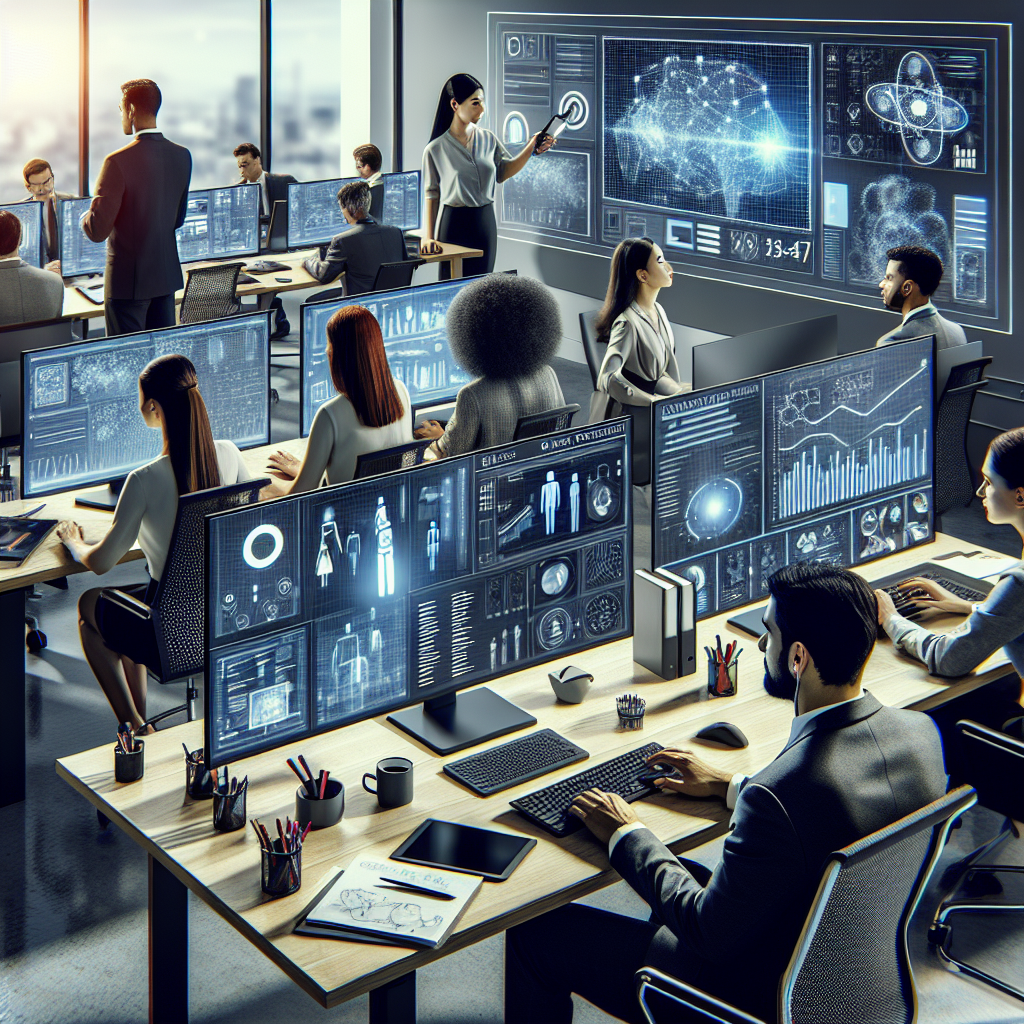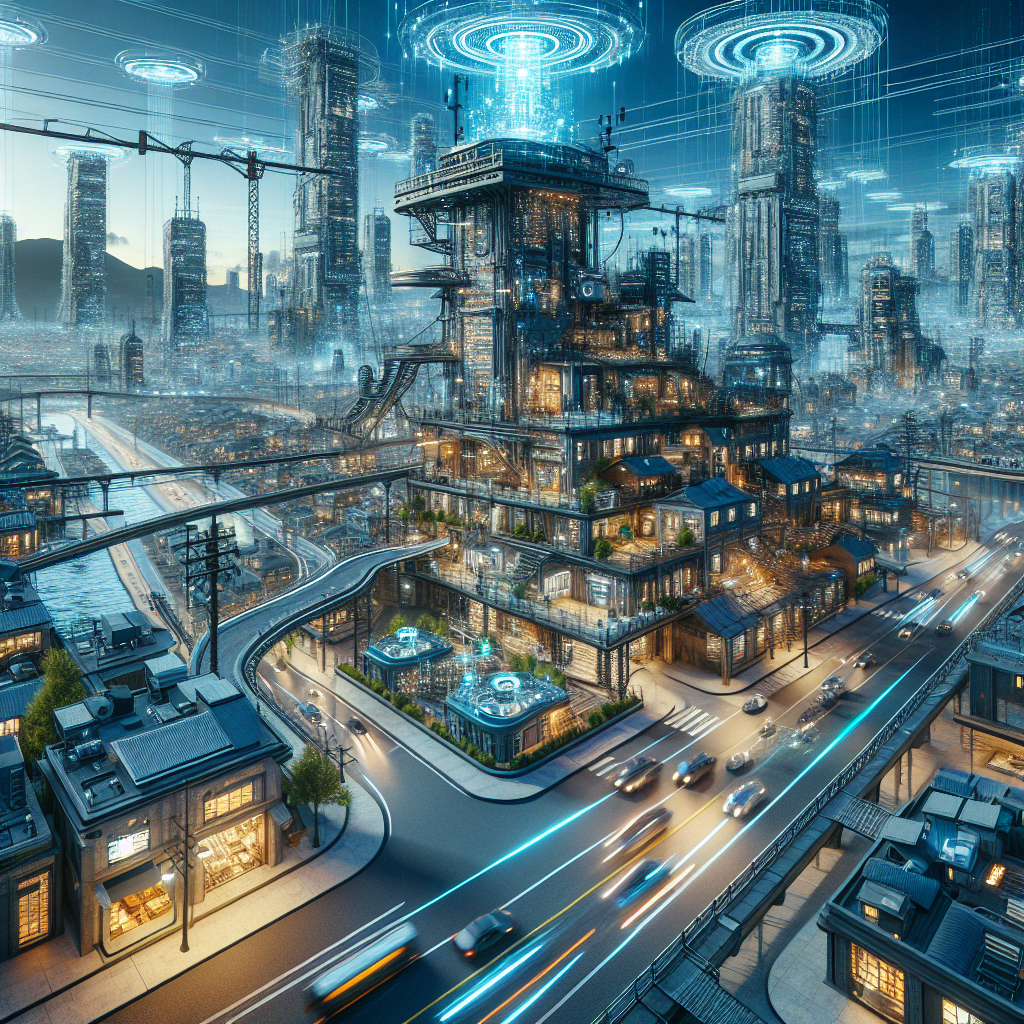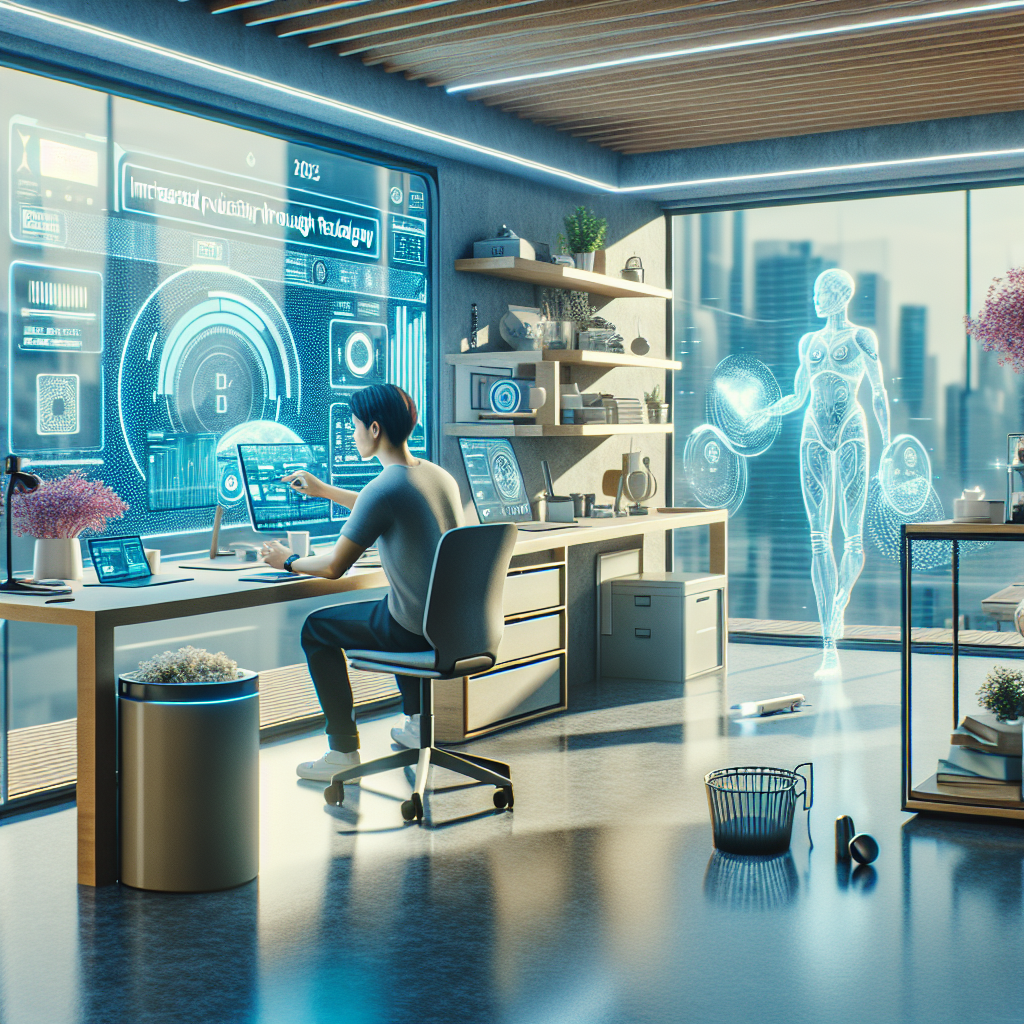Transforming the workplace landscape is no longer a distant vision but an imminent reality driven by AI automation. As 2025 approaches, businesses worldwide are adopting intelligent technologies to redefine efficiency, productivity, and creativity. AI automation is setting the stage for unprecedented changes in how work gets done, reshaping roles, and opening new opportunities for innovation. Understanding these shifts is essential for organizations and professionals eager to stay competitive and thrive in the evolving economy.
Embracing AI Automation in Daily Operations
How AI Automation Enhances Productivity
AI automation empowers companies to streamline repetitive and time-consuming tasks, allowing human talent to focus on problem-solving and strategic activities. From customer service chatbots answering inquiries instantly to automated data entry reducing errors, AI tools make workflows faster and more reliable.
Examples of AI-driven productivity improvements include:
– Automated email sorting and response prioritization.
– AI-powered scheduling assistants managing complex calendars.
– Intelligent inventory management systems predicting stock needs.
These implementations can reduce operational costs by up to 30% while enhancing service quality, according to recent industry reports.
Overcoming Challenges in Adoption
Despite the benefits, integrating AI automation presents challenges such as workforce resistance, skill gaps, and initial implementation costs. Addressing these hurdles requires a comprehensive strategy:
1. Investing in employee training and upskilling.
2. Promoting a culture of innovation and openness to change.
3. Selecting scalable AI solutions aligned with business goals.
With thoughtful planning, organizations can turn potential obstacles into growth opportunities.
Redefining Job Roles Through AI Automation
Roles That Will Evolve Dramatically
AI automation is transforming job descriptions across sectors. Routine manual jobs will shift towards supervisory or analytical roles, requiring workers to collaborate with AI systems rather than replace them.
Key areas affected include:
– Manufacturing: From assembly line tasks to robot maintenance and programming.
– Healthcare: From data recording to AI-assisted diagnostics and patient monitoring.
– Finance: From manual bookkeeping to automated fraud detection and risk assessment.
Professionals who adapt by enhancing digital literacy and critical thinking will find themselves in higher demand.
The Rise of New Careers
Alongside evolving roles, entirely new career paths are emerging due to AI automation, such as:
– AI ethicists who oversee fairness and transparency.
– Automation consultants guiding companies through transitions.
– Data curators specializing in training AI models.
These roles emphasize human creativity, ethical judgment, and interpersonal skills, underscoring the complementary nature of AI and human workers.
Impact of AI Automation on Workplace Culture
Fostering Collaboration Between Humans and Machines
Introducing AI automation changes team dynamics and communication patterns. Organizations are adopting hybrid workflows where human intuition and machine precision blend seamlessly.
Strategies to cultivate effective collaboration include:
– Encouraging cross-functional training to understand AI capabilities.
– Implementing feedback loops where employees can report AI system issues.
– Designing user-friendly AI interfaces that complement human work styles.
This integration nurtures a culture of continuous learning and agility.
Balancing Efficiency and Employee Well-being
Automation can reduce workload stress by handling repetitive duties, but it may also raise concerns about job security and increased monitoring. Employers must prioritize transparent communication and mental health support to maintain morale.
Best practices include:
– Regularly updating staff on automation plans.
– Providing resources for career development.
– Offering flexible work arrangements enabled by AI technologies.
Such approaches help create a supportive environment aligned with technological advancement.
Future Trends Shaping AI Automation in 2025
Advancements in AI Capabilities
Next-generation AI automation will feature improved natural language understanding, predictive analytics, and autonomous decision-making across industries. This evolution will enable more personalized customer experiences and smarter supply chains.
Emerging technologies include:
– AI-powered virtual assistants capable of complex negotiations.
– Integration of AI with IoT devices for real-time asset management.
– AI systems optimizing energy usage in smart buildings.
These innovations promise to elevate business performance and sustainability.
Ethical and Regulatory Considerations
As AI automation becomes pervasive, addressing ethical concerns such as data privacy, algorithmic bias, and accountability becomes paramount. Governments and organizations are developing frameworks to ensure responsible AI deployment.
Key focus areas are:
– Establishing transparency standards for AI decision processes.
– Ensuring data protection compliance aligned with regulations like GDPR.
– Promoting inclusive AI development to reduce bias and discrimination.
Staying informed about these guidelines is crucial for organizations adopting AI automation.
Maximizing the Benefits of AI Automation Today
Steps for Organizations to Prepare
To harness AI automation effectively, businesses should begin by:
– Conducting thorough needs assessments to identify automation opportunities.
– Partnering with experienced AI providers to customize implementations.
– Creating pilot projects to test and refine AI tools before full-scale rollouts.
This phased approach minimizes risks and maximizes return on investment.
Empowering Employees Through Training
Equipping teams with the skills required for the AI-driven workplace increases adoption success. Recommended training focuses include:
– Basic AI literacy and understanding machine outputs.
– Problem-solving with AI as a collaborative partner.
– Ethical considerations around automation in daily tasks.
Organizations that invest in their workforce are better positioned for sustainable growth.
Navigating the AI Automation Revolution
The shift toward AI automation in 2025 marks a pivotal moment in the history of work. Embracing intelligent technologies can unlock remarkable efficiencies and new avenues for creativity. However, success depends on balancing automation with human insight, fostering adaptability, and committing to ethical practices.
Businesses ready to lead this transformation must act now by integrating AI automation thoughtfully and preparing their people for the future. To explore tailored AI automation solutions that accelerate your organization’s performance, visit https://automatizacionesaiscend.com and take a decisive step into the future of work.



